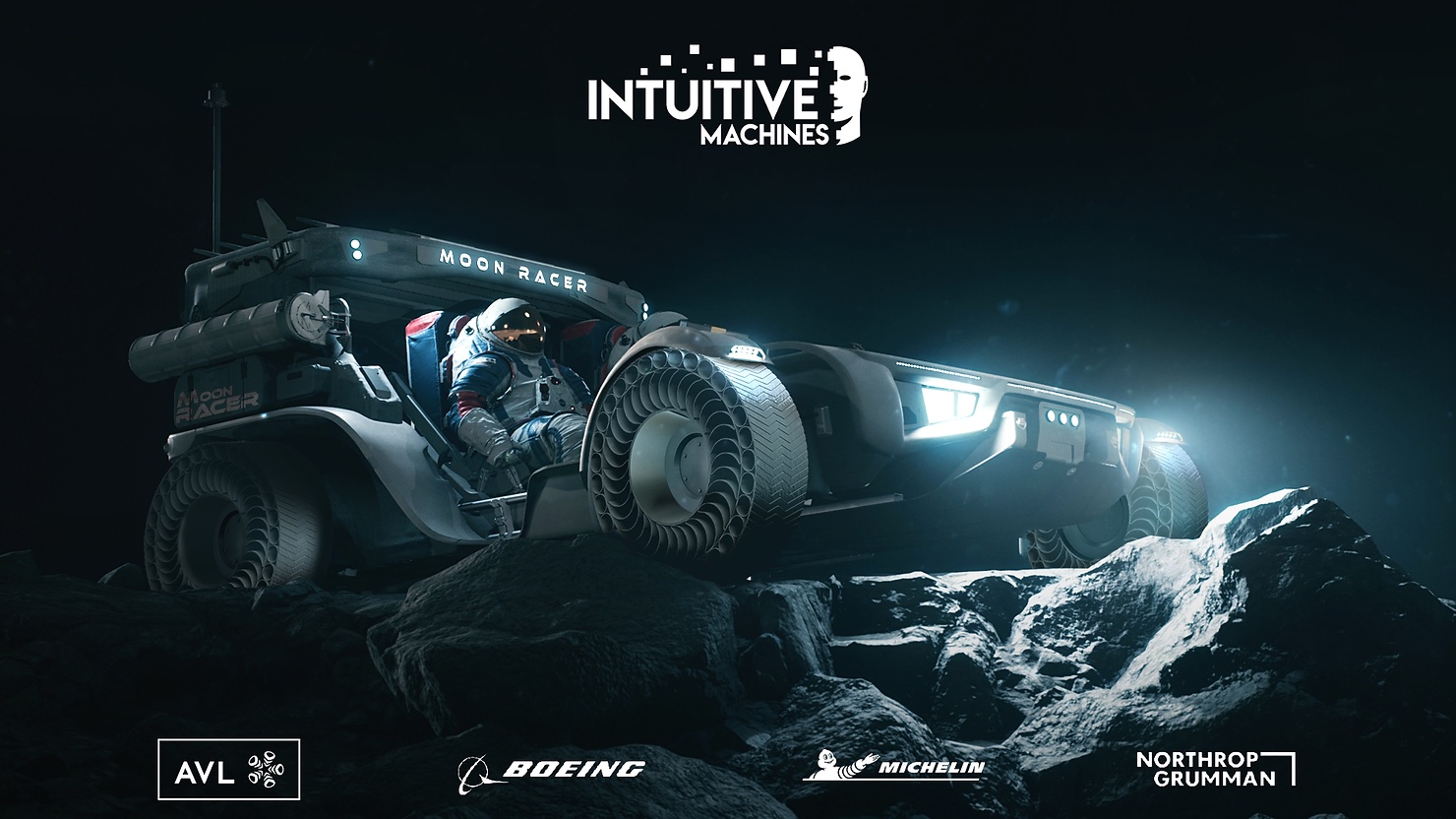
Intuitive Machines has been awarded $30 million by NASA to conduct a services feasibility assessment for a Lunar Terrain Vehicle, LTV, the first phase of developing a crewed rover for human exploration of the Moon’s surface. This contract marks the company’s first foray into human spaceflight operations, underpinning its role in NASA’s ambitious $4.6 billion LTV services project.
Selected April 3 with two other companies, Lunar Outpost and Venturi Astrolab, the initiative calls for the creation of a feasibility roadmap aimed at developing and deploying an unpressurized LTV on the Moon’s surface. This phase is expected to last around a year.
Following that, NASA plans to select one of the three companies for a crewed operations demonstration during the Artemis 5 mission around 2030. The agency said it will issue additional task orders for unpressurized rover capabilities to meet its lunar exploration needs through 2039.
“This procurement strategically aligns with the company’s flight-proven capability to deliver payloads to the surface of the Moon under the agency’s Commercial Lunar Payload Services initiative, further solidifying our position as a proven commercial contractor in lunar exploration,” Intuitive Machines CEO Steve Altemus said in a company news release. “Our global team is on a path to provide essential lunar infrastructure services to NASA in a project that would allow the company to retain ownership of the vehicle for commercial utilization during periods of non-NASA activity over approximately 10 years of lunar surface activity.”
In collaboration with its global partners, including AVL, Boeing, Michelin, and Northrop Grumman, this Intuitive Machine-led “Moon RACER” team design is expected to feature advanced power management, autonomous driving, communications, and navigation systems essential for surface exploration. The rover would be sent to the lunar South Pole using Intuitive Machines’ Nova-D cargo-class lander.
Each partner brings a unique set of skills and experiences to the table. AVL will contribute its expertise in battery electric vehicles and autonomous driving technologies, focusing on drivetrain, steering, and suspension systems. Boeing is set to lead the LTV system design and support various aspects of the vehicle’s development, from fabrication to mission operations. Michelin is set to apply its experience in airless technology and high-tech materials to develop lunar wheels capable of operating in the Moon’s extreme temperatures and radiation exposure. Northrop Grumman will leverage its experience in power systems, vehicle systems, and mission planning.
The LTV is a pivotal component of NASA’s Artemis program, aimed at returning humans to the lunar surface and asserting continued American leadership in space. The LTV contract is structured across two phases and holds a program value exceeding $4 billion.
Following the successful completion of the phase one feasibility assessment, Intuitive Machines plans to vie for the phase two LTV services award, which involves the development, delivery, and operation of an unpressurized rover on the Moon, demonstrating its capability and reliability in lunar operations, with a focus on supporting both NASA’s Artemis program and broader commercial interests in lunar exploration.
“We look forward to the development of the Artemis generation lunar exploration vehicle to help us advance what we learn at the Moon,” Vanessa Wyche, director of NASA’s Johnson Space Center in Houston, said in an agency statement. “This vehicle will greatly increase our astronauts’ ability to explore and conduct science on the lunar surface while also serving as a science platform between crewed missions.”
FTC: We use income earning auto affiliate links. More.




Comments